Topics
- active learning (18)
- research assignments (6)
- libraries (1)
- literature-based learning (2)
- multimedia (5)
- museums (6)
- object learning (7)
- online learning (5)
- peer instruction (10)
- storytelling (2)
- learning management system (2)
- syllabus design (3)
- teaching empathy (3)
- teaching fellows (1)
- lecture (3)
- learning goals (8)
- assessment (6)
- data (3)
- backward design (3)
- blended approaches (12)
- case-based learning (8)
- classroom contracts (7)
- classrooms and space (3)
- collaborative learning (27)
- community events (1)
- course transformation (7)
- devices (3)
- learning by making (5)
- discussion (24)
- engaged scholarship (4)
- experiential learning (16)
- feedback (18)
- group work (8)
- guest speakers (7)
- interdisciplinary (6)
- leadership (3)
Send feedback
Subscribe
Copyright © 2024 The President and Fellows of Harvard College | Privacy | Accessibility | Digital Accessibility | Report Copyright Infringement

 Salil Vadhan, Vicky Joseph Professor of Computer Science and Applied Mathematics & Lead PI on Harvard’s Privacy Tools Project,
Salil Vadhan, Vicky Joseph Professor of Computer Science and Applied Mathematics & Lead PI on Harvard’s Privacy Tools Project, 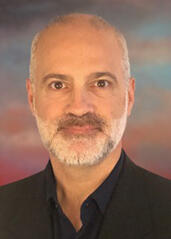 Paul B. Bottino, Co-Founder, Executive Director, and Lecturer at the Technology & Entrepreneurship Center at Harvard, offers
Paul B. Bottino, Co-Founder, Executive Director, and Lecturer at the Technology & Entrepreneurship Center at Harvard, offers 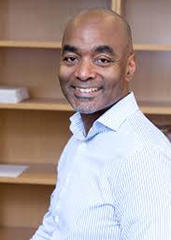 Robert Reid-Pharr, Professor of Studies of Women, Gender, and Sexuality and of African American Studies strives to create a “rigorous but not frightening” classroom experience for the course ...
Robert Reid-Pharr, Professor of Studies of Women, Gender, and Sexuality and of African American Studies strives to create a “rigorous but not frightening” classroom experience for the course ...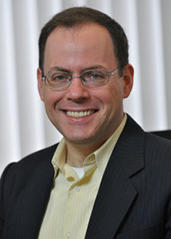
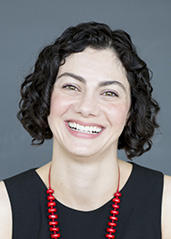 Tyler Giannini and Susan Farbstein, Clinical Professors of Law, pull back the curtain on pedagogy for students in the seminar
Tyler Giannini and Susan Farbstein, Clinical Professors of Law, pull back the curtain on pedagogy for students in the seminar 
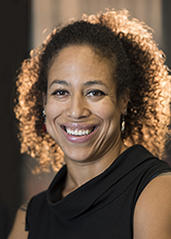 Cassandra G. Extavour, Professor of Organismic and Evolutionary Biology and of Molecular and Cellular Biology, is one of six co-instructors for
Cassandra G. Extavour, Professor of Organismic and Evolutionary Biology and of Molecular and Cellular Biology, is one of six co-instructors for